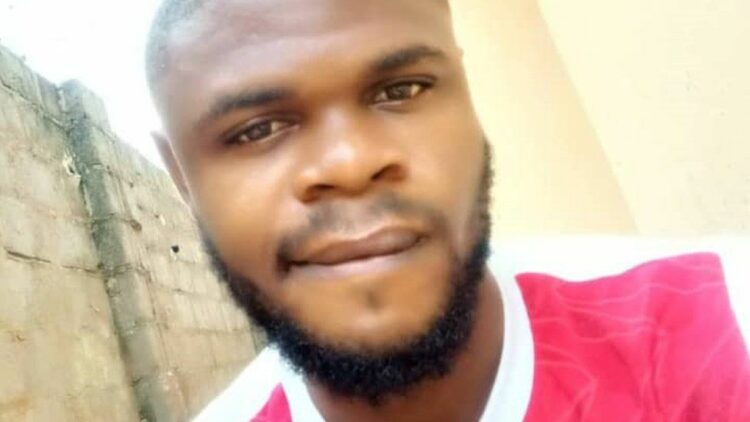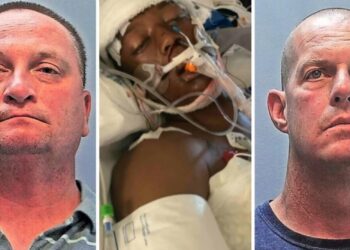Cadaver lab is a standard part of medical school training. Nigerian student Enya Egbe did not expect that one of the corpses in his anatomy class would be his friend.
Seven years ago, Egbe was a med student completing a lab. As he gathered around tables with cadavers on them with fellow students to dissect the corpse that was assigned to him, he got a closer look. What he saw would literally send him running and screeching, reported the BBC.
Egbe’s friend and former clubbing buddy of seven years, Divine, lay on the dissection table with two bullet holes in his chest.
To make this situation even worse, Egbe placed a phone call to Divine’s family who had been searching for the young man after he and three friends were arrested after a night of partying. They had assumed that Divine was possibly still alive in a Nigerian jail. Egbe had to break the bad news.
This incident highlighted an ongoing problem in Nigerian access to cadavers for medical school students to study.
It also highlighted what can happen to individuals who fall into the hands of Nigerian police officers. In the West African nation, unclaimed bodies become the property of the government, which then turns them over to medical schools. Further, the alleged executed criminals can be used for the government’s own purposes.
The law is a result of 16th-century British laws that used executed criminal corpses to “advance the cause of science.”
Unfortunately, this had lead to extrajudicial killings by Nigerian police officers in order to fulfill the demand for study material. Along with the deaths, families are often left in the dark about the whereabouts of their loved one’s corpses. Anatomists in Nigeria are trying to get the law changed so that families will be contacted for consent.
As for Egbe, seeing his friend’s body in class that day traumatized him to the point of having to take time off from his studies which meant graduating a year later than he intended. Divine’s family was able to get justice from some of the officers involved in his death fired. Though not enough, it was much more justice than most Nigerian families will ever receive.















